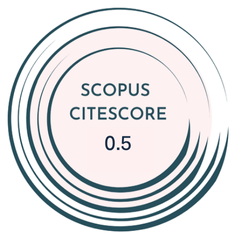Objective: This study aimed to determine factors associated with awareness of microbiota among Turkish pregnant women.
Methods: This descriptive study was conducted with 216 pregnant women who visited the obstetrics and gynecology outpatient clinic of a state hospital between October 2 and November 3, 2023. Data were collected through face-to-face interviews using the Descriptive Characteristics Information Form and the Microbiota Awareness Scale (MAS) developed by the researchers.
Results: The mean age of the pregnant women in the study was 26.99 ± 5.78. The total score on the MAS was 63.62 ± 7.88, with sub-dimensions including General Knowledge 22.74 ± 3.01, Product Knowledge 8.15 ± 2.22; Chronic Disease 15.84 ± 2.58, and Probiotic and Prebiotic Knowledge 16.87 ± 3.20. A statistically significant difference was found between microbiota awareness levels and education level, employment status, social security, attendance at prenatal education classes, attention to food intake, and food planning (P < .05).
Conclusion: The study found that pregnant women have a moderate level of microbiota awareness, influenced by socio-demographic factors such as education, employment, and social security. Integrating microbiota education into prenatal care by nurses and midwives in obstetrics and gynecology clinics can significantly improve pregnant women’s knowledge and awareness of microbiota.
Cite this article as: Calpbinici P, Uzunkaya Öztoprak P. Factors associated with awareness of microbiota among Turkish pregnant women: A descriptive study. Arch Health Sci Res. 2025; 12, 0169, doi: 10.5152/ArcHealthSciRes.2025.24169.


.jpg)


